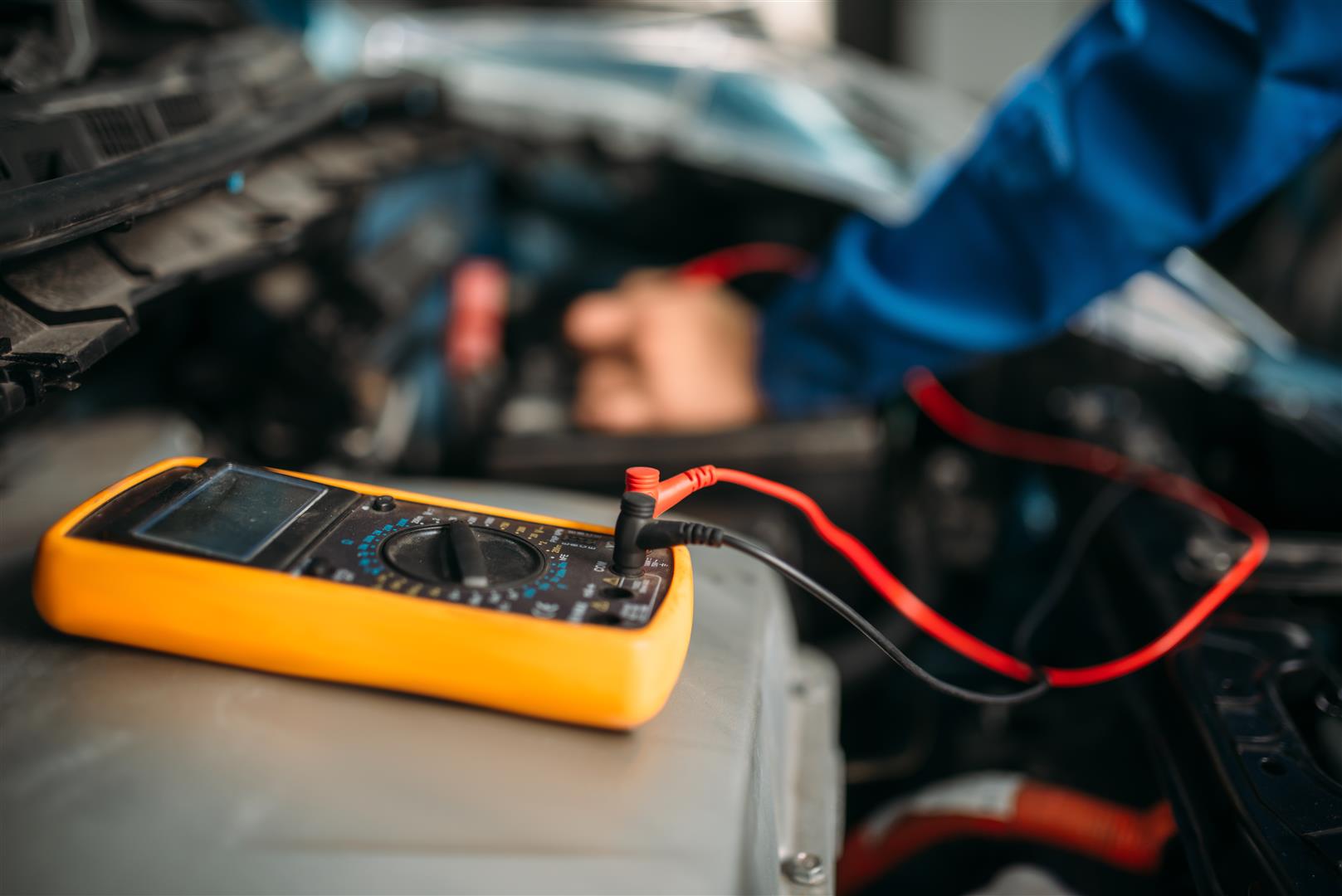
The more modern the vehicle, the more advanced its operating systems will be. Your car has multiple sensors throughout its assembly. They are connected to the computer and there to let you know if there are potential problems with certain vehicle components. Sensors can sometimes fail and produce faulty warnings. In most cases, however, they do exactly what they are supposed to do in order to help keep your vehicle running its best and to keep you safe while on the road.
Some vehicles have more sensors than others. Every manufacturer will do things a little differently and the more modern the vehicle, the more sensors it will likely have. The list below will highlight some of the most common automotive sensors that you need to know about.
Oxygen Sensor — This is located in the exhaust system and is there to monitor the relative amounts of oxygen to the exhaust gasses being expelled from the engine. It helps the car's computer system regulate emission controls and detect if there is an imbalance in fuel efficiency or emissions.
Engine Speed Sensor — This measures the RPMs of the engine and plays an important part in making the sure the engine is running efficiently. If the RPMs are too high or low, it could be the sign of engine problems.
Manifold Absolute Pressure (MAP) Sensor — This sensor checks for variations in air pressure entering your engine in order to deliver the right combination of fuel and spark.
Mass Air Flow (MAF) Sensor — This measures the volume and density of the air entering the engine. It works in conjunction with the Oxygen sensor to regulate the proper entry and exit of air and gasses from the engine.
Fuel Temperature Sensor — Warmer fuel will ignite readily. Colder fuel is harder to burn. This sensor monitors the fuel temperature so the flow of the fuel can be regulated accordingly.
Intake Air Temperature (IAT) Sensor — This sensor helps the computer regulate exhaust gas recirculation for cleaner tailpipe emissions.
Anti-Lock Brake Systems (ABS) Sensor — This sensor compares relative wheel rotation speed and prevents the brakes from locking up.
Tire Pressure Sensor — Most modern vehicles have tire pressure sensors that monitor the air pressure in the tires and will warn you if any or all tires are low on air.
These are just some of the most common sensors you'll find in today's automobiles. They are there to help your car run more efficiently and also to warn you if potential problems occur. If your check engine light or any other dashboard warning lights are on, you will want to have an auto repair expert inspect your vehicle for damage. A sensor may just need to be replaced or it will lead the technician to the source of the problem that needs to be repaired.
For all your Mid-Atlantic auto repair needs, count on the auto repair specialists at Fox Run Auto in Bear, DE. Call our shop today at (302) 597-9205 or schedule your next service appointment online.